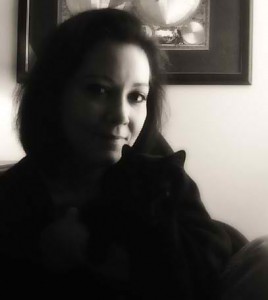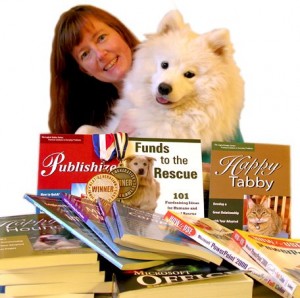Welcome to Captains Curious, a weekly series of guest posts on the subject of Curiosity. The newest member of the Captains Curious is Delisa Carnegie! To learn about the other Captains Curious, please click here.
 Curiosity killed the cat, or so they say. I’m curious about what the cat was doing before it died. What adventure did the cat go on? It had to be awesome.
Curiosity killed the cat, or so they say. I’m curious about what the cat was doing before it died. What adventure did the cat go on? It had to be awesome.
Zombeez aren’t curious. Their minds are vast wastelands of cardboard. No cats live in the hive.
Creativity Needs Curiosity
My blog is filled with posts revolving around creativity, but that creativity needs curiosity. Curiosity makes us ask “What if?” and creativity provides limitless possibilities to answer with “Maybe this or that.” Working on this post made me realize how intertwined curiosity and creativity are. I hadn’t thought much about curiosity (as separate being) before. I let it hang out in the shadow of creativity. In reality, you can’t have one without the other.
Curiosity is a risk and an adventure. You can ask any cat about that.
The Hive Doesn’t Want You to Be Curious
You risk doing something new, different, or nontraditional. You lead yourself on your own customized adventure. The risks won’t always be life threatening, like jumping out of a plane, but it might feel like it. The longer you live according to the hive mind the more dangerous curiosity feels. The hive doesn’t want you to be curious; they use fear to try and control you, because they are afraid.
Think about what a dreary boring place the world would be if no one every followed their curiosity. We would still be living in caves and hunting with sticks. The caves wouldn’t even have cool cave art.
Curiosity Will Set You Free
It may be true that love will set you free, but I don’t think they got that quite right. Curiosity will set you free and lead you on a lifetime of adventure. That sounds way more exciting to me.
Why Is It Always a Cat?
Writing this post has got me wondering (curious) about why it is always a cat and not some other animal that kicks it. I think it is because cats are independent and do what they want. Cats are the opposite of zombeez (mindless drones). Are you more cat or zombee?
How often do you follow your curiosity?
How often do you follow your curiosity? Do you jump in and go for it or do you hang back thinking about the poor dead cat?
This may sound a little morbid, but we all are going to die some day from something. Isn’t it better to spend our lives satisfying our curiosity, having adventures, being fulfilled, and being truly happy than to spend it being too afraid to live?
I think we should enjoy ourselves while we can.
If you aren’t used to being curious and seeing where it gets you, try it. The next time you are curious about something, act on that curiosity. You won’t know what you are missing out on until you do. You could be missing out on the best things.
Are You Curious?
I know Jimmy Hendrix would ask “Are you experienced?” but I want to know “Are you curious?”
The experience comes later. First you have to be curious.
* * * * *
 Delisa Carnegie is the leader of The Creativity Rebellion. She spends her days creating, crafting, teaching people how to fist pump like Billy Idol and kick zombee ass at www.thecreativityrebellion.com. Follow her on Twitter @delisacarnegie or email her at delisa@thecreativityrebellion.com.
Delisa Carnegie is the leader of The Creativity Rebellion. She spends her days creating, crafting, teaching people how to fist pump like Billy Idol and kick zombee ass at www.thecreativityrebellion.com. Follow her on Twitter @delisacarnegie or email her at delisa@thecreativityrebellion.com.
* * * * *
Would you like to submit a guest post on the subject of Curiosity? Send an email to susan {at} susanTblake {dot} com with the subject line: Captains Curious.






 Twitter
Twitter LinkedIn
LinkedIn Facebook
Facebook